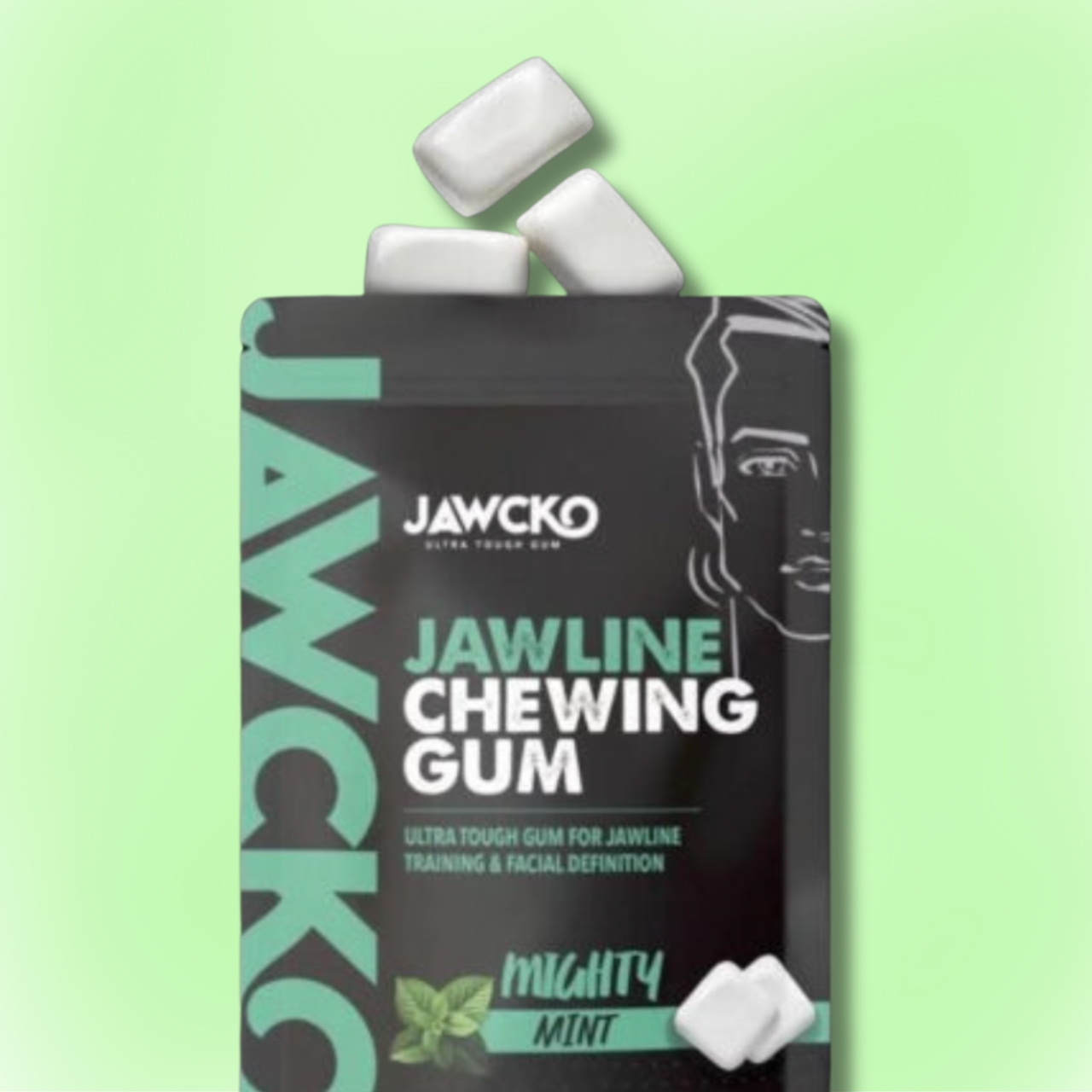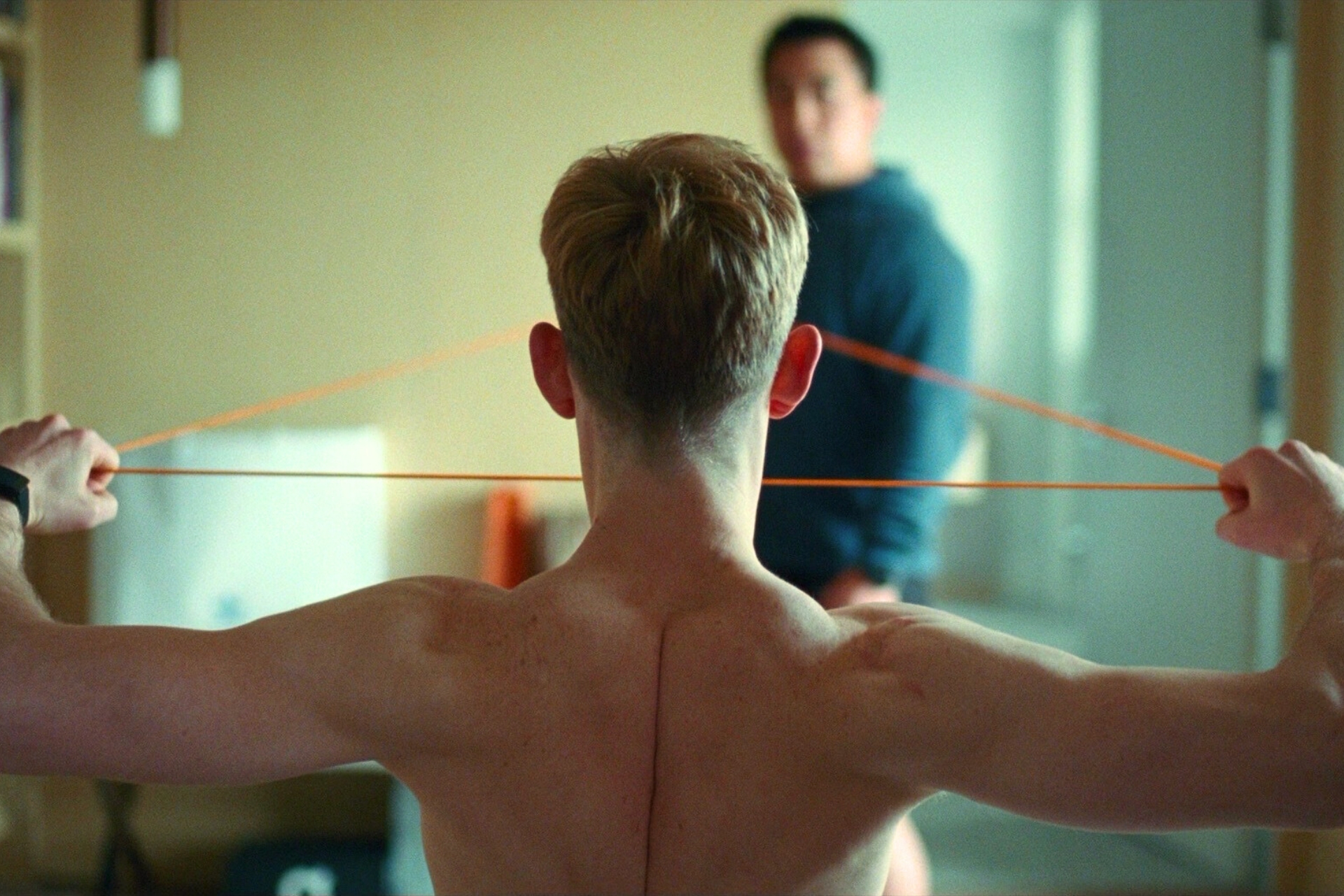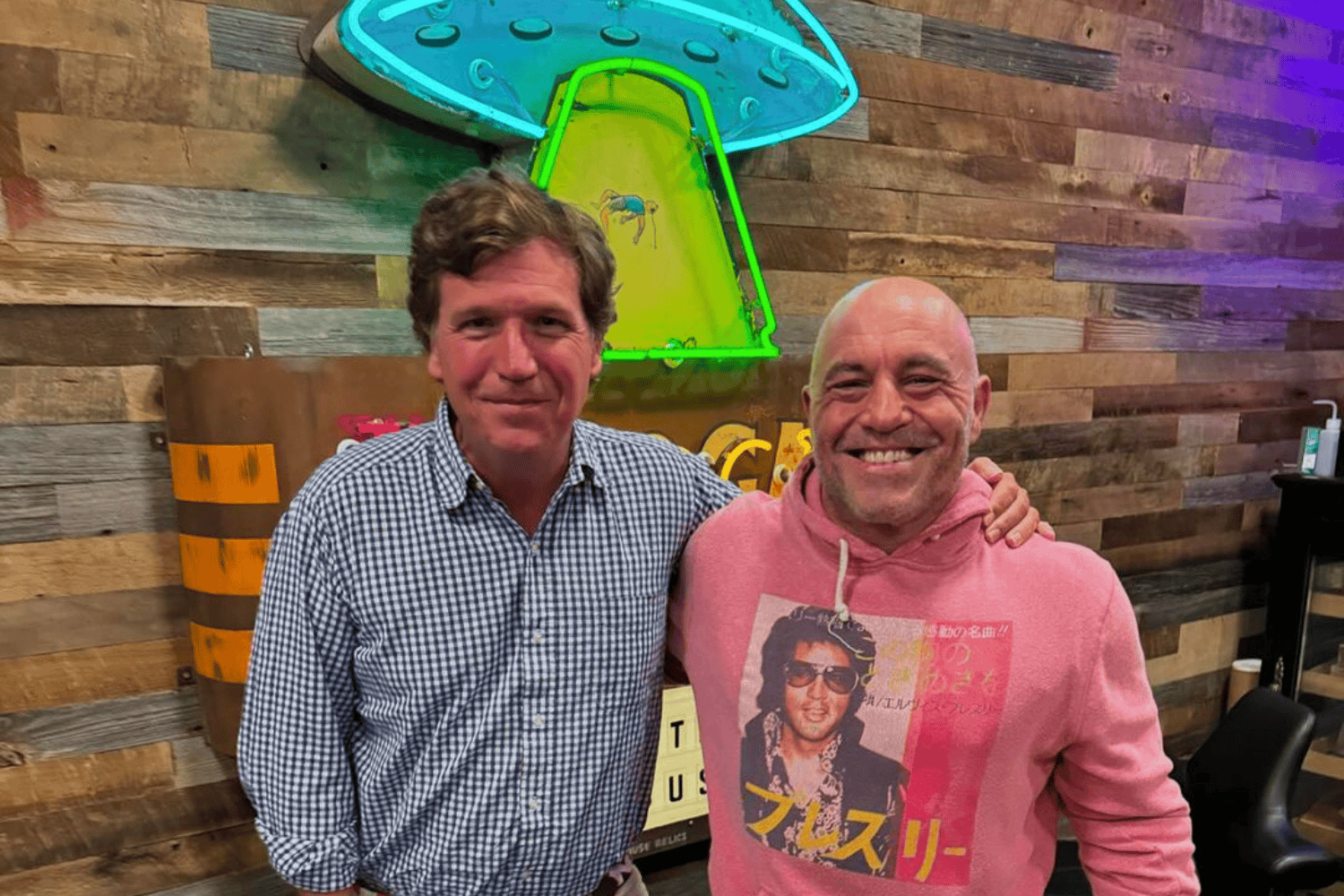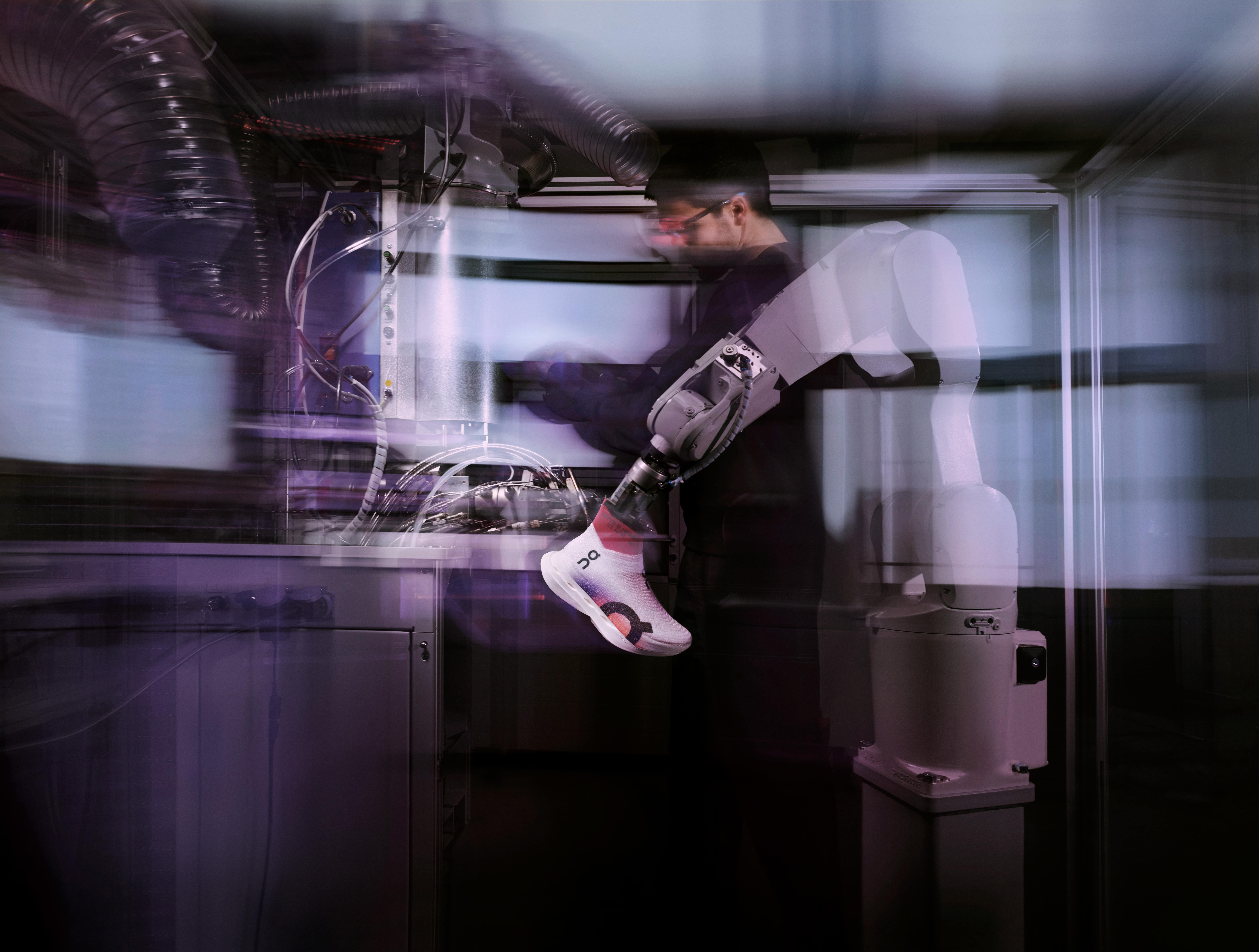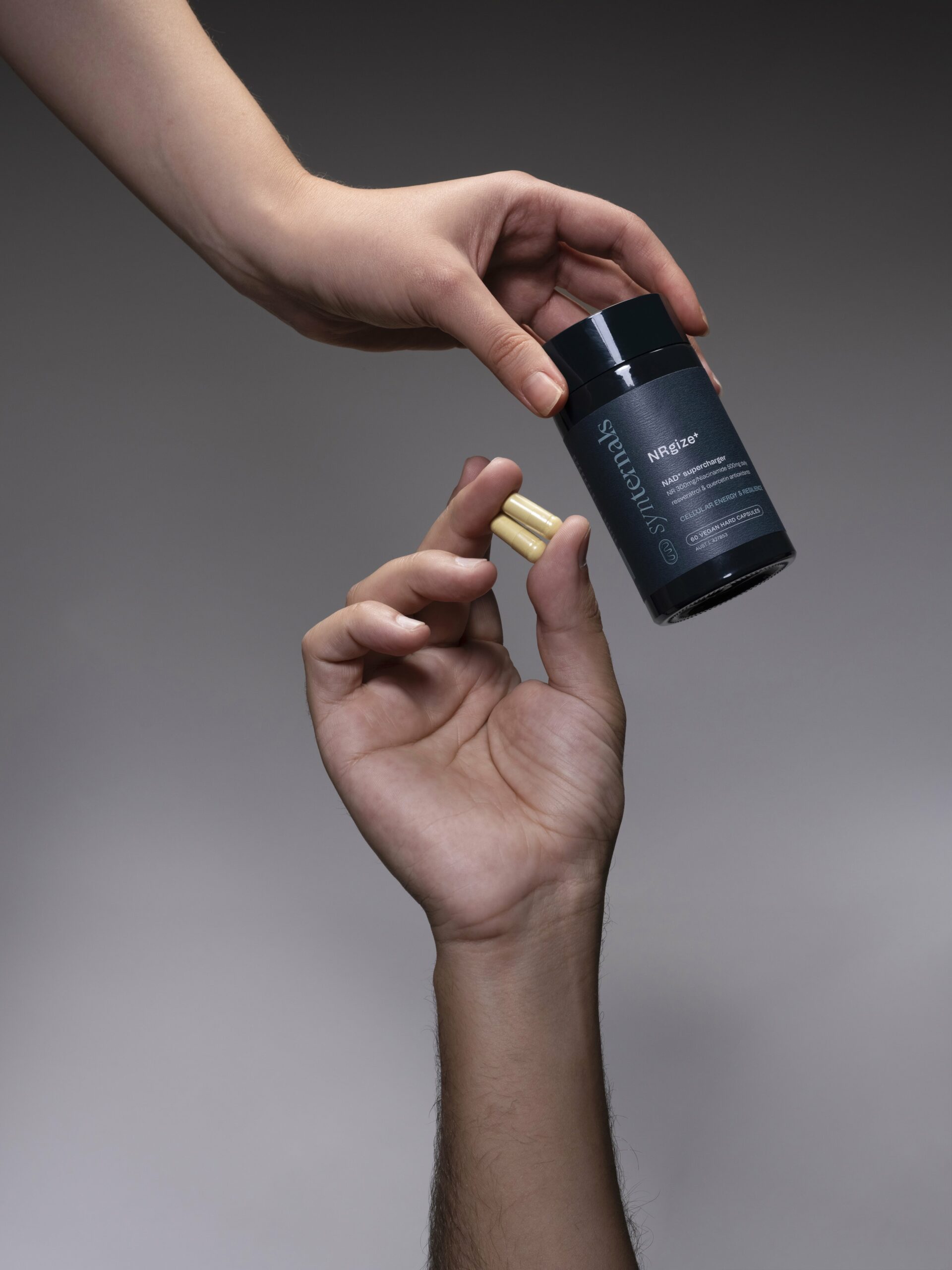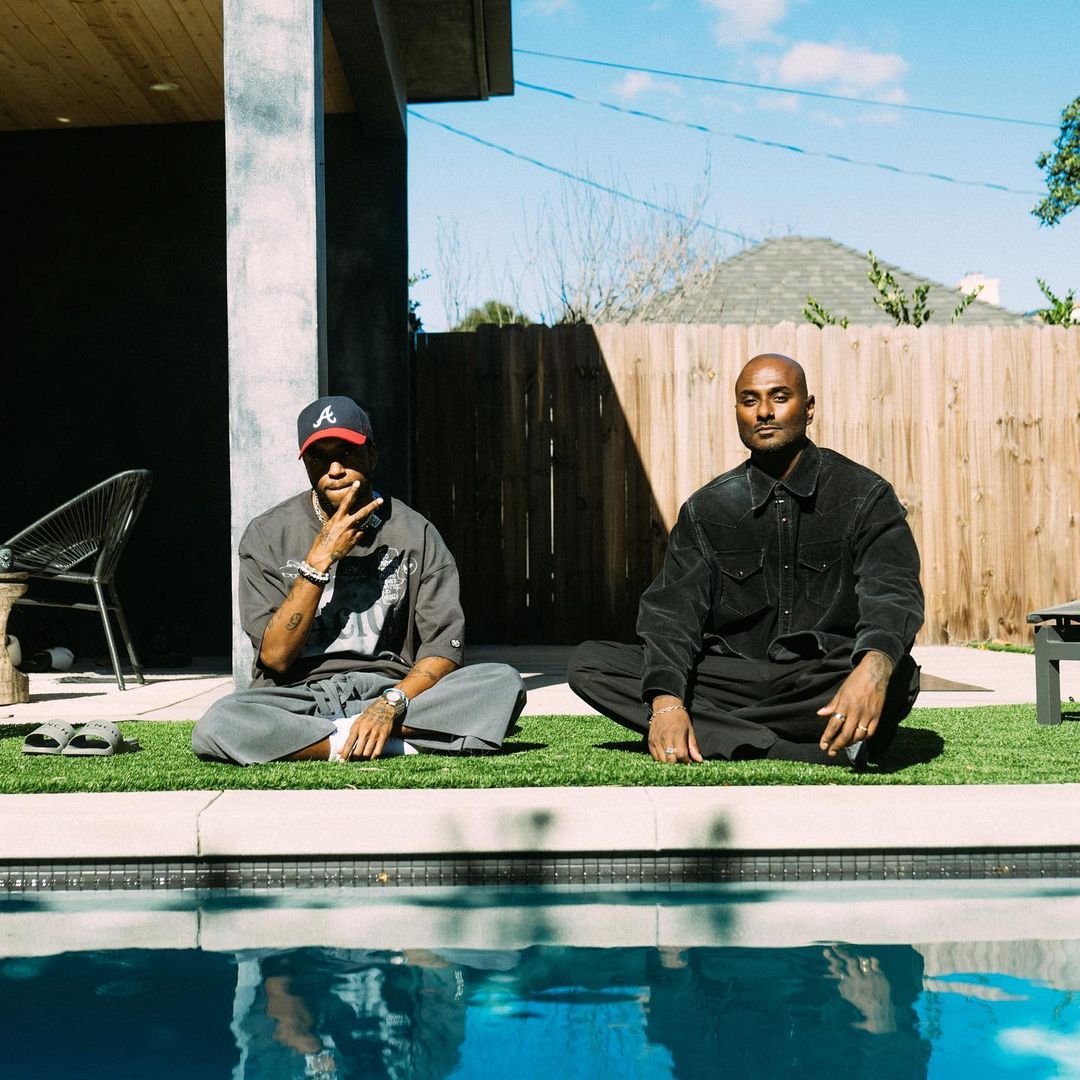Should you work hard or play hard? Idris Elba weighs in
Idris Elba has revealed he's spent the last year in therapy due to his workaholic lifestyle. Here's what the science says about the work hard vs play hard debate.
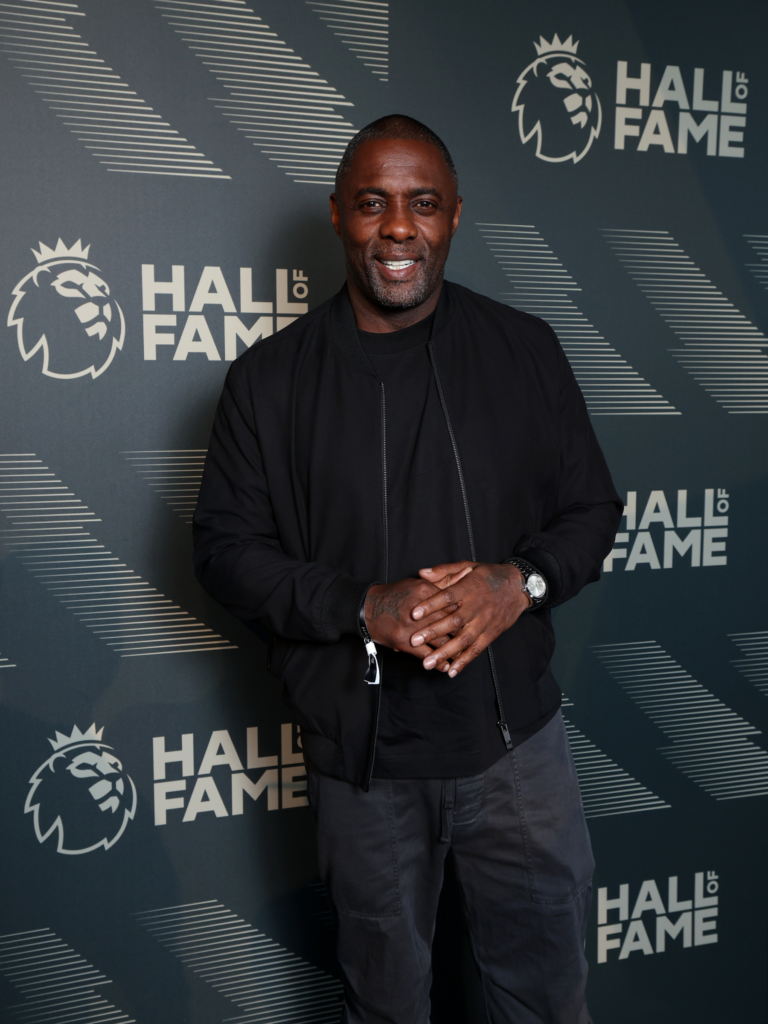
HOLLYWOOD SUPERSTARDOM is a busy business to be in, and its impact on Idris Elba proves it. An industry veteran, Elba has admitted life as a professional actor made him develop “unhealthy habits” and turned him into “an absolute workaholic”. These habits ultimately led him to seeking therapy.
“I’ve been in therapy for about a year now,” Elba said. “In my therapy I’ve been thinking a lot about changing… like neuropaths being shifted. It’s not because I don’t like myself or anything like that. It’s just because I have some unhealthy habits that have formed.”
Elba noted that his unhealthy habits formed as a result of his line of work, in an industry which celebrates a commitment to the craft. “I work in an industry where I’m rewarded for those unhealthy habits. I’m an absolute workaholic. And that isn’t great for life, generally.” Elba said. “Nothing that’s too extreme is good, everything needs balance. But I’m rewarded massively to be a workaholic.”
In case you didn’t know, aside from being an accomplished actor, Elba dabbles in the art of music and is a more than capable DJ. The actor regularly performs at concerts, festivals and live events, so much so that he considers his side gig as a DJ to be a second job. He even has a dedicated music studio in his home, which is something that helps him take a break from work to unwind. “My studio in my house, I just love being in here,” Elba said. “I’ll open that laptop and be like, ‘I don’t know what to make today,’ and it’ll come out like this or that. And I’m exhilarated by that and also so relaxed by it.”
As Elba recognises, it’s important to make a distinction between work and play, “I’ve got to normalise what makes me relaxed, it can’t be all work,” he said. To achieve an equitable work/life balance, it’s necessary to make time for personal interests. No matter how rewarding your career may feel, overworking can have harmful effects on your wellbeing. After all, if someone like Elba, who makes millions starring in movies, is saying it’s important to take a step back sometimes, we’re going to take his word for it.
Should you work hard or play hard?
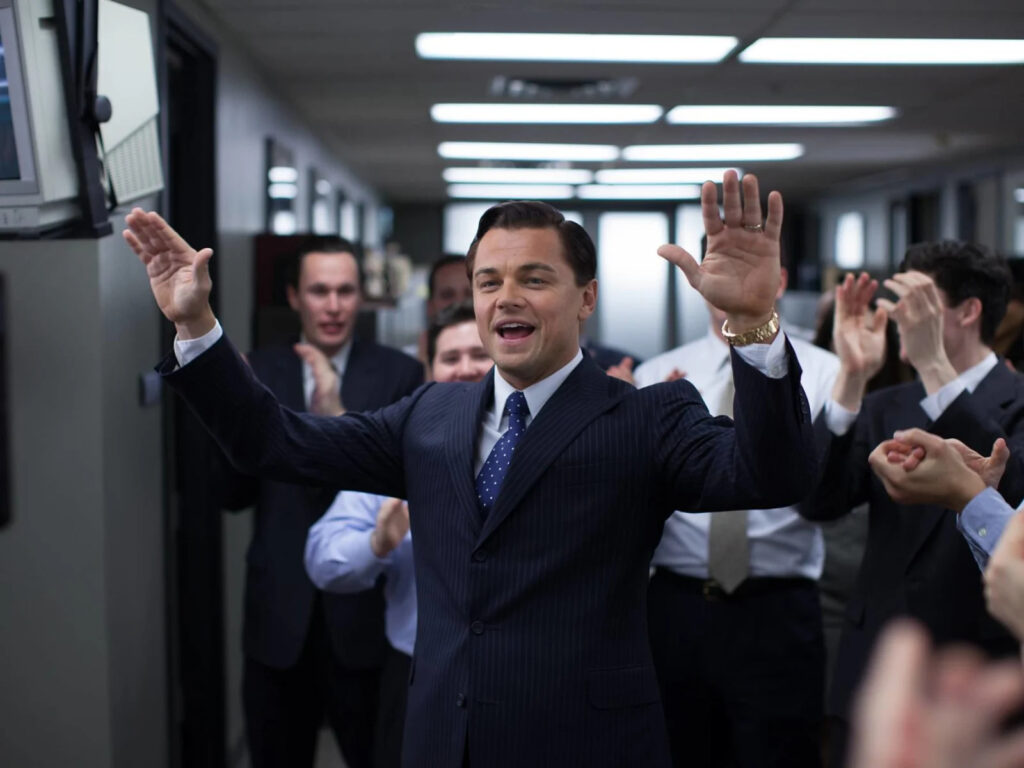
They say money can’t buy happiness. And as Elba’s comments, and new research suggests, focusing on work achievements won’t do the trick either. You see, it’s important to find balance. And one study shows that hedonism and self-direction are the secrets to unlocking enjoyment.
This is a massive blow for anyone who mines top-40 songs for life advice and was particularly inspired by David Guetta’s 2013 hit, ‘Play Hard’, which despite its title, actually reveals itself to largely be an anthem of corporate enslavement (see below). It’s also a kick in the guts for those who treat The Wolf of Wall Street like religious scripture (we recommend avoiding these people at all costs). As it turns out, the life segment of work/life balance is really the only part that will make you happy, no matter how fulfilling an achievement in the work segment feels.
The study, which was conducted by the Universities of Essex and Bath, found that people who prioritised achievement instead of enjoyment were less happy the next day. Participants from the UK, Turkey and India, were asked to pursue specific areas of fulfillment on different days, and record how they felt afterwards. These areas included hedonism and self-direction, which sound like the typical progression of a night out, and the less jovial categories of achievement and conformity.
Participants who aimed to relax, follow their hobbies, and find freedom (which all fall under hedonism and self-direction) found improvements to their wellbeing, reduced stress, better sleep quality and overall life satisfaction. On the more pessimistic side of the equation, prioritising work accomplishments and conformity made no improvements to happiness whatsoever. The results led lead researcher, Dr Paul Hanel, to conclude that, “There is no benefit to wellbeing in prioritising achievement over fun and autonomy.”
Researcher Greg Maio provided an explanation for these results, noting that there are difficulties in finding happiness in an environment where work and studying are not only necessary, but are also seen as restrictions on freedom. “Against this backdrop, where achievement-oriented values have ring-fenced a great portion of our time, we found that it helps to value freedom and other values just enough to bring in balance and recovery,” Maio said.
Are there lessons to be learnt from this study?
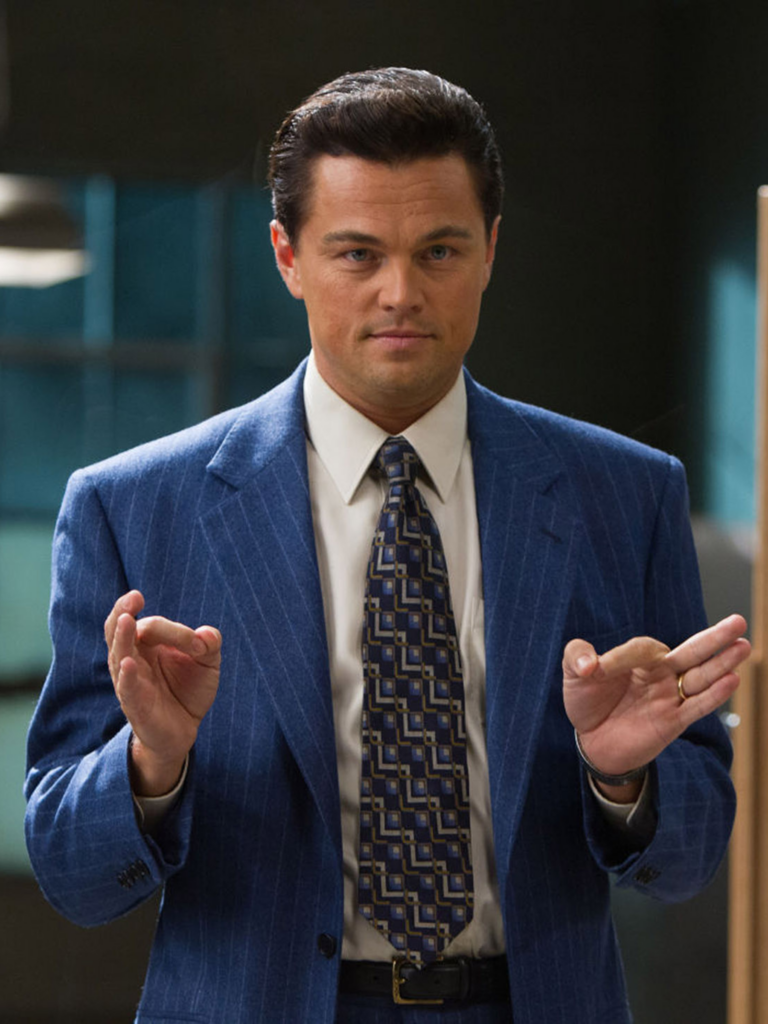
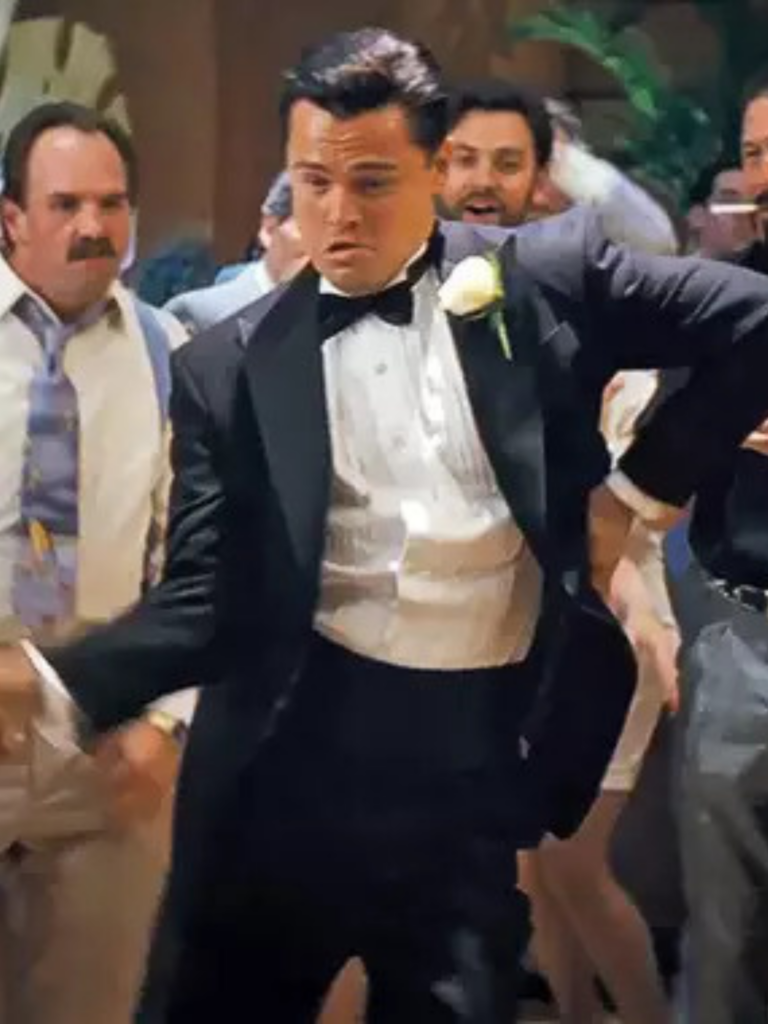
We know what you’re thinking. No shit, a day spent relaxing at home is obviously better for your mental health than a day spent stressing in the office. That’s why weekends exist. While it may seem obvious that when you’re feeling like you’re running on empty, the best thing to do is take time off, the truth is, often that feeling is shoved aside in favour of a ‘push through it’ mentality, until you’ve reached the end of your tether. What this study shows us is that the short-term gratification of accomplishing work goals will not have a lasting impact on your happiness. And that self-direction should be the priority.
Studies on the importance of an effective work/life balance aren’t exactly groundbreaking, but from this one, we can learn that by following individual goals and relaxing we won’t only be happier, we could also see improvements in our work lives. “By doing this, people could in fact be more successful as they will be more relaxed, happier and satisfied,” Maio said.
This study also proves that there are a number of guiding principles that should dictate your pursuit of happiness. With that in mind, let’s redirect back towards the many inaccuracies of David Guetta’s ‘Play Hard’, and assess its lyrics for their effectiveness in contributing to a solid work/life balance.
‘Play Hard’ begins with a pulsating techno beat that doesn’t cease until the track’s conclusion. In its first verse, there’s already a problem. “A hustler’s work is never through”, the opening line asserts. Well, if that’s true, we’d suggest the hustler either changes career paths, or at least finds time for their personal passions. Otherwise their relentless pursuit of work will leave them deeply unhappy.
“We makin’ it ’cause we makin’ moves”, quickly follows in a similarly problematic bar. “Makin’ it” is a relative statement. Everyone will have a different idea of what constitutes “makin’ it”, but if it means finding happiness, it certainly won’t be achieved by “makin’ moves” in the work sphere, but by prioritising personal interests, as the study shows. David Guetta appears to have become a mouthpiece for bosses.
‘Play Hard’ reinforces pro-work notions throughout the first verse, before devolving into a chorus featuring Ne-Yo periodically repeating “Work hard, play hard”, before delivering the song’s only phrase with some truth to it: “Keep partyin’ like it’s your job”. Finally, Guetta gets it: if you want to find happiness, keep partying like it’s your job.
Related:
Why float tanks could be the answer to better sleep
Secrets of a long relationships? Sex, TV and takeaway food














